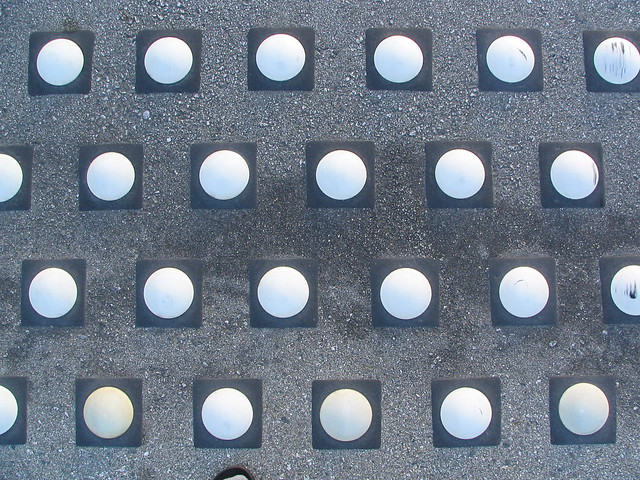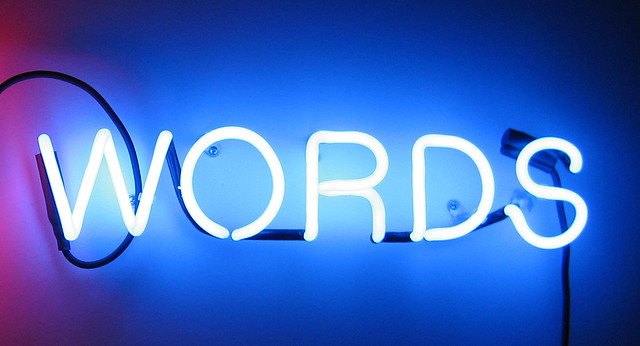
Several weeks ago, a distraught student left this comment on my blog post “How to Write an Essay FAST”:
How are you meant to come up with the 3 main points? Like, that makes no sense; I can't just pull them out of thin air! How is it meant to be done?! And if no one can tell me (which it seems every teacher just says I need to think about the text more), then it can not be something that can be graded! Sorry for the rant - super confused and effed for my essay!
Unfortunately, I don’t think this blog post came out in time to help that student write his/her essay, but hopefully other people struggling with the same issue will be able to benefit from this post in time for their deadlines.
If you too struggle with coming up with main points for your projects, you are NOT alone. This is the most frequent issue students will come to me for help with. Once they know what to write, they can generally handle the question of how to write their essay effectively on their own. Even professionals face this issue! They’ll be given the topic of their presentation, but they have to come up with the main points themselves.
While I can come up with main points for my students, I dislike doing so. They will need to find a way to come up with them on your own so they can function on their own, when I’m not there to help. Luckily for them (and you!), I’ve developed a series of questions that makes finding main points much easier.
I will present the questions first. It may seem English-oriented, but it will work for all subject areas. See the examples that follow where I use it for English, history, and science topics to learn how to apply it to different subjects.
Note that these topics reflect the broad ones normally found in high school and early undergraduate classes. Higher-level undergraduate and graduate classes assign much more content-specific essay topics that pull from the material discussed in class. Usually these higher-level prompts include several questions you must answer as you write your paper, and so guide you in that way towards your finished product.
English: Cyberbullying
History: Michael Jackson
Science: Stem cell research
The Questions
Who are the CHARACTERS
What is the SETTING?
What is the PLOT? Using just these questions will guarantee you three main points, the standard for most high-school essays. If you're in a college preparatory high-school or in college, you may need more, depending on the length of your project. If that's your case, don't worry; in the following examples, I'll show how you can get several main points from one question.
Who are the CHARACTERS?
While the word “characters” calls to mind literature in many people, it can be applied to non-literary people, places, and things. The character of an essay is whoever (or whatever) will be the main focus of the paper. You can include points about other “characters” as well, of course, but only if they are connected closely to the main character of your essay AND don’t stray from the essay’s thesis statement.
If you’re still confused about what exactly a “character” in an essay is, the following examples should help you understand the idea more clearly.
English: Cyberbullying
The main “character” would be cyberbullying, the act. You definitely need to devote at least a paragraph towards defining and describing the act for readers. Even if most people are familiar with the term nowadays, defining it and including relevant examples clearly tells readers what YOU mean when you use the term. If your page limit gives you the room, other characters include the bully and the victim. The terms may seem self-explanatory, but these terms actually become controversial when the Internet is involved. Google legal cases involving cyberbullying to find out just how much explanation these characters need.
History: Michael Jackson
Obviously, the main character of this essay would be Michael Jackson. A thorough essay will take the time to describe who this man was for readers who aren’t familiar with the details. If your essay’s thesis statement focuses on Michael’s personal life, additional characters that can be elaborated on are his father, Michael Joseph Jackson, and his now ex-wife, Lisa Marie Presley. However, if your essay deals with the people and events who shaped him into the man he ultimately became, Lisa Marie Presley would NOT be a main point because their 8 year relationship (4 years married and 4 years divorced) took place when he was already an adult.
Science: Stem cell research
The character for this topic would be stem cell research. However, that term includes many subtopics that need to be defined. A more complete list of “characters” would be adult cells, cord cells, and embryonic cells. The type of research also needs to be described. The controversy surrounding this type of research could also be counted as characters (those for stem cell research and those opposed to it), but I will be labeling those as plot elements.
What is the SETTING?
The “setting” of a topic includes not only its physical location, but also its historical context and closely related ideas.
English: Cyberbullying
In the case of cyberbullying, the setting is the Internet. Depending on your thesis statement, you could be writing about how the intangibility of the World Wide Web has created a society in which people can be bullied even within the confines of their home. If you are looking at the legal angle of cyberbullying, then you could tackle the issue of responsibility (i.e., does the physical location of the computer used to make the attacks determine responsibility).
History: Michael Jackson
The topic of Michael Jackson could cover a number of different settings. His physical locations, for example (i.e., his birthplace, the schools he attended, the many residences he has called home, and his travels), could be considered a setting, as could the era in which he grew up and lived (i.e., the state of the music industry when he first entered it and how it changed, the evolution of media from vinyl, to compact disc, to mp3). Depending on how biographical your essay is, I would include his contemporaries in this category as well.
Science: Stem cell research
There are quite a few different settings for stem cell research. You could approach the topic by identifying the physical location of research (i.e., where the laboratories are located that pursue this type of research, the equipment and media used in the laboratories for research). The historical context of stem cell research is also an important setting as an understanding of this research requires knowledge of what technologies were available in the past and are currently at our disposal.
What Is the PLOT?
Traditionally, the plot is a literary term that describes the series of events that make up a story and how they relate to each other. I like to think of a topic’s plot as what has happened in the past concerning the topic, what is currently happening, and what may happen. The plot is NOT historical context, however. Historical context is more descriptive and passive whereas the plot of a topic is active and definitive. Hopefully the following examples will explain what “plot” is and isn’t better than I have here.
English: Cyberbullying
In the case of cyberbullying, the plot would include the first recorded instance of bullying via the Internet. It would also include any legal cases that have set legal precedent and case law regarding online bullying. Most importantly, the plot is made up of the conversation surrounding the topic. Are there contrasting viewpoints over important issues pertinent to this topic? What about proposed laws or practices that have not yet been enacted? If you can figure out what people are arguing over, then you’ll find the meat of this main point.
History: Michael Jackson
Seeing what makes up the plot for an essay on Michael Jackson is a little easier because there are so many significant events that drive this celebrity’s “story.” If you have not yet discussed his childhood as part of the characters or setting points, you can certainly include it under this point. Likewise, his marriage and the birth of his children could have been included under characters or the plot point. The allegations made against him, his creation of Neverland Ranch, his fame, and ultimately, his death, all fall under this category. The slant you will put on your paper all depends on what your thesis statement says.
Science: Stem cell research
Stem cell research may not be a celebrity like Michael Jackson, but it too had a childhood. Important milestones in this research would be featured in the plot point, as well as the controversy surrounding it. Those who are for this research and those who are against it will need to be included here (or at least their views, in the absence of well-known proponents or opponents). Alternative research paths that show the same promise of stem cell research could be introduced here as well.
****
As you are coming up with the main points of your essay, keep in mind the prompt you were assigned and your thesis statement. Using the three questions I introduced in this blog post, you could come up with many main points, but they’ll be worthless if they are irrelevant to the aim of your paper.
My technique is certainly not foolproof, but it’s what I use to help students generate main points for essays. Hopefully you’ll find it of use, too!
Photo credit: Peter Kaminski


















